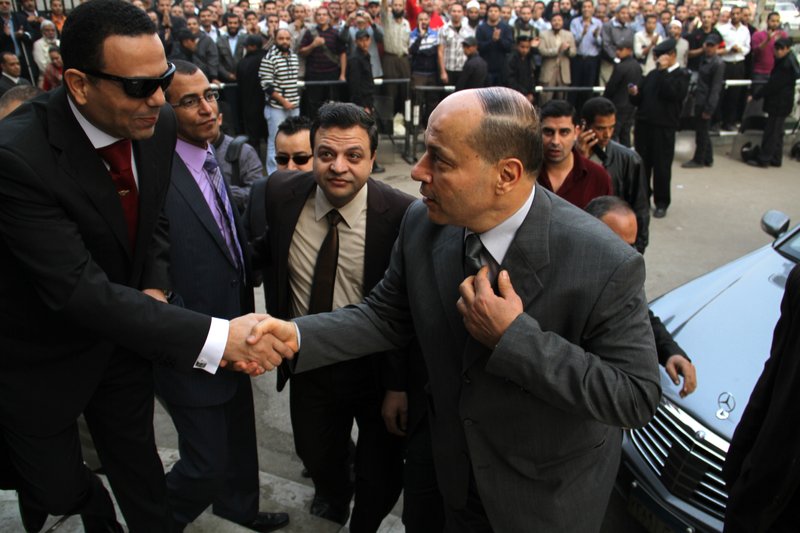CAIRO — Leading democracy advocate Mohammed ElBaradei said dialogue with Egypt's Islamist president is not possible until he rescinds his decrees giving himself near absolute powers.
Speaking to a handful of journalists, including The Associated Press, ElBaradei said he is hoping for a "smooth transition without plunging the country into a cycle of violence."
But he said that may not be possible unless President Mohammed Morsi rescinds the decrees.
ElBaradei, a Nobel Peace laureate for his past work as the head of the U.N. nuclear watchdog, has formed a "National Salvation Front" with other liberal and secular leaders, trying to unify the opposition against Morsi.
In the decrees issued this week, Morsi put himself above judicial scrutiny.
